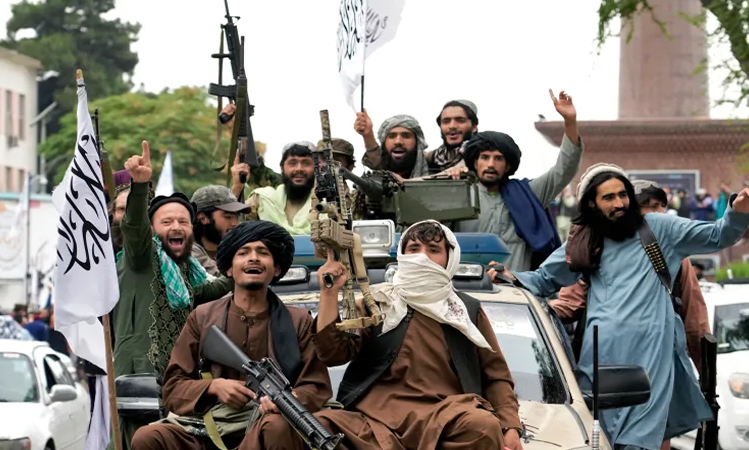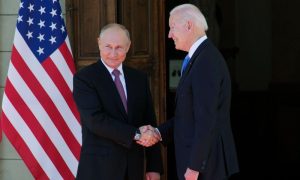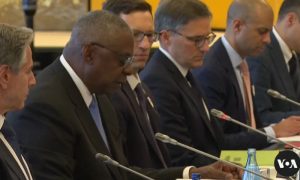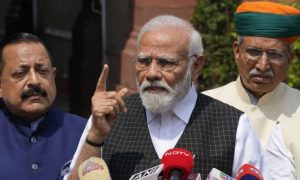Monitoring Desk
ISLAMABAD/NEW YORK: The United Nations (UN) General Assembly has postponed its decision of inducting envoys of Myanmar’s military government and Afghanistan Taliban into the world body. The United Nations General Assembly also deferred its decision on Libya’s rival parties’ claim of a seat in the United Nations .
UN unity decision
The 193 United Nations General Assembly members approved a unity recommendation sent by its Credentials Committee to delay the vote on the issue.
The postponement means the recent envoys of Myanmar, Libya and Afghanistan remain in place.
Guyana’s United Nations ambassador Carolyn Rodrigues-Birkett said that the committee decided to postpone its deliberation of the credentials of the representatives of Myanmar, Afghanistan, and Libya.
The vote was postponed to a future date in the ongoing 77 sessions of the General Assembly, which expired in September 2023.
United Nations acceptance of ambassadors from the military government of Myanmar, the Taliban in Afghanistan, and eastern-backed Libya’s government would act as the first step towards their official recognition on the international stage.
Myanmar’s military leaders have been attempting to fill the country’s United Nations seat since democratically elected leader Aung Suu Kyi was kicked out of power and imprisoned following a military coup the previous year.
General Assembly will keep the decision of Kyaw Moe Tun, a diplomat leader of Aung San Suu Kyi’s former government, in his power.
The Taliban government had pledged to uphold the rights of women and girls when it seized power; officials in Kabul have instead banned secondary education for girls and put restrictions on the work and dress codes for girls.
Libya was in political issues in 2021 after it neglected to hold a long-anticipated election and split the country into 2 rival factions in the east and west. A transitional Tripoli government of Libya later rejected calls to resign. The country’s eastern-based political leadership ultimately appointed the rival prime minister who intended to take over the United Nations seat.

























